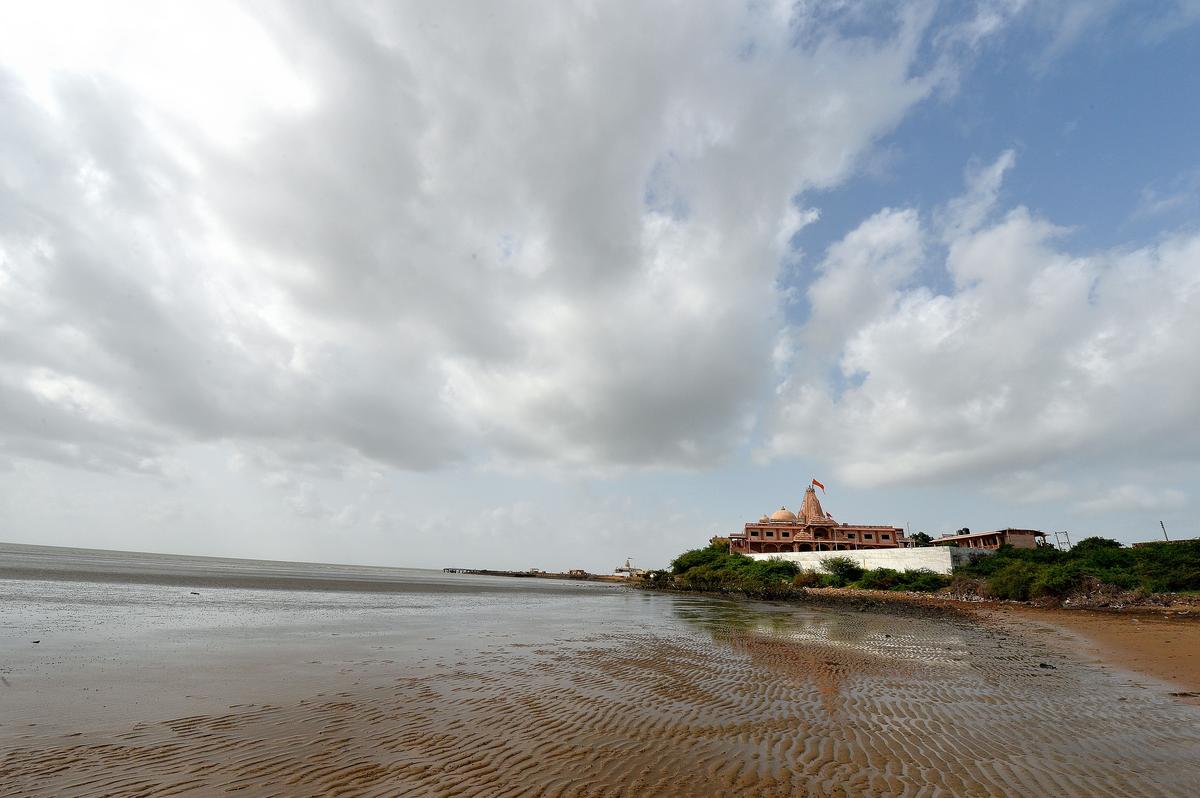India Expands Claim in Central Arabian Sea
India has recently increased its maritime claim in the central Arabian Sea by nearly 10,000 square kilometres. This move is part of India’s strategy to establish an extended continental shelf. The claim was submitted to the United Nations, modifying an earlier claim to mitigate a long-standing dispute with Pakistan over maritime boundaries.
About EEZ
Coastal nations have exclusive economic zones extending 200 nautical miles from their coastlines. This zone grants rights for fishing and mining. Nations can also claim additional areas if they can scientifically prove that these areas are part of their continental shelf.
Extended Continental Shelf Claims
An extended continental shelf allows countries to claim seabed areas that extend beyond their EEZ. To do this, countries must submit evidence to the Commission on the Limits of the Continental Shelf (CLCS). India aims to expand its seabed rights , potentially increasing its area to nearly equal its landmass.
India’s Historical Claims
India made its first claim to an extended continental shelf in 2009, covering parts of the Bay of Bengal, Indian Ocean, and Arabian Sea. The geological nature of continental shelves often leads to overlapping claims between nations. This necessitates a lengthy review process by the CLCS.
Disputes and Modifications
Pakistan has contested parts of India’s claim, particularly in the western offshore regions, citing overlaps with disputed maritime borders. In response to these objections, India modified its claims, splitting them into two partial submissions to avoid disputes while securing valuable seabed rights.
Role of Scientific Research
India’s National Centre for Polar and Ocean Research (NCPOR) has been instrumental in gathering the data needed to support India’s claims. This scientific research is crucial for establishing the legitimacy of extended continental shelf claims.
International Relations and Agreements
India’s claims in the Arabian Sea also overlap with those of Oman. However, both nations have an agreement to manage these overlaps amicably. India has also claimed areas in the Bay of Bengal, facing challenges from Myanmar and Sri Lanka.
Future Implications
The outcome of India’s claims could have economic implications. Securing additional seabed areas would enhance India’s access to valuable resources, including minerals and oil reserves. This could also impact regional geopolitics, particularly in relation to its neighbours.
Month: Current Affairs - April, 2025
Category: International / World Current Affairs







